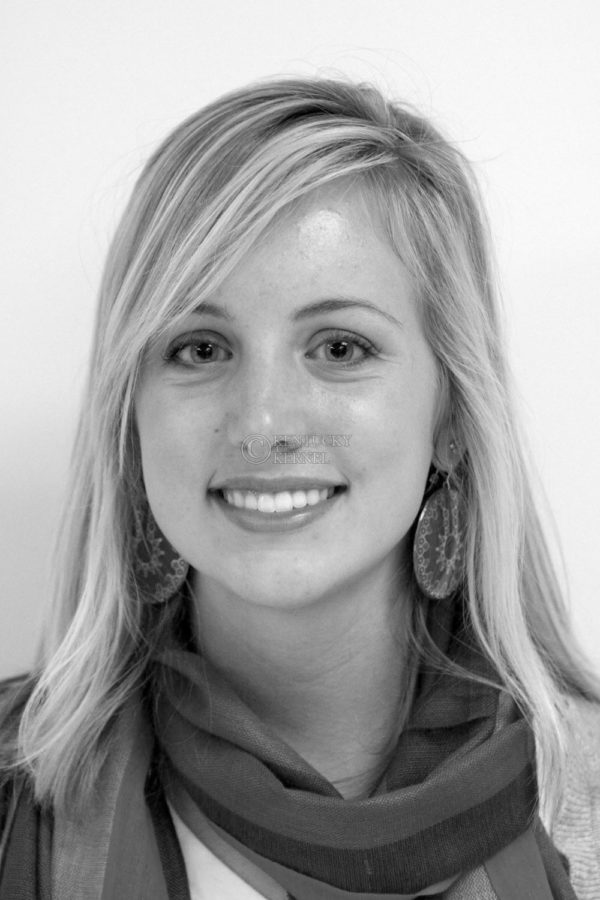Ignorance and politics disconnect nation
September 16, 2010
Column by Cassidy Herrington. E-mail [email protected].
The word “diversity” is thrown around like a condiment to a formerly bland establishment.
For example: “Welcome to our diverse community. Sample our diverse assortment of hamburgers.”
See? Diversity makes things look and taste better.
Diversity is full of contradictions, I mean, look at this commentary: a white, blue-eyed columnist arguing for the plight of “minorities.” But unfortunately, desperate times call for very drastic measures. I am disgusted by the intolerance and ignorance that plagues the current state of politics.
In an age where our president’s middle name is Hussein, religious, racial and social tolerance should follow accordingly — but it seems to have sparked the opposite reaction.
A student in New York stabbed a Muslim cab driver, cops in Arizona frisk Hispanic Americans and a nut case in Florida (who doesn’t even deserve this publicity) threatened to burn Qurans.
As a privileged white girl, my association to this xenophobic society embarrasses me— but I realize I have a responsibility to denounce injustice when it surfaces.
My cases in point: the “ground-zero mosque,” immigration and racism.
For starters, Islam is a peaceful religion, but unfortunately, many (not all) Americans associate it with terrorism. I do not blame this incorrect assumption entirely on ignorance; the portrayal of Islam in the media is limited to acts of terrorism. What the U.S. needs to better understand is Islam and Al Qaeda are dissimilar and contradictory.
Therefore, the construction of the “ground-zero mosque” is not a middle finger to the country or its pride. The mosque is a respectful, illustration of Islam and its ongoing presence in society.
Yes, ongoing presence. Walk through the isles of grave markers at Arlington National Cemetery, and you will see the Islamic moon and star etched into the white marble (in fact, there are 41 different religious emblems assigned to grave markers).
The point is, Muslims are Americans — they too are part of our history. Muslims have a right to be here, and they have a right to mourn the loss of their loved ones a few blocks away from the World Trade Center.
Simultaneously, immigrants have their place in society as well — and not marginalized or ignored.
A right-wing claim against immigrants is they take jobs from “worthy” U.S.-born citizens. Conflicting international migration theory, however, states there are economic pull-factors that bring immigrants from abroad. In layman’s terms: pull-factors are companies that lack labor in fields deemed “undesirable” by Americans.
Even in meat packing plants as far as Freemont, Nebraska, immigrants are needed to fill jobs. Freemont Beef’s president told the Economist in June, “I didn’t need cheap labor. I needed labor.”
After assuming unattractive jobs, immigrants are prone to social mobility — filling more specialized professions.
A diverse labor field is more representative of the country, brings supplementary perspectives to the dialogue and ultimately builds more rapport with the people it serves. A doctor, for example can develop better empathy and trust with a fear-stricken patient if they can speak their language or share their personal experience.
Contrary to belief, migrants do not compromise American patriotism, but rather, they put the nation ahead. Their global connections advance economics and diplomacy abroad. Without them, the nation would suffer.
Racism is at the core of these disputes. For white Americans, it is easy to deny this: the police don’t stop them solely on the basis of suspicion, and real estate agents don’t decline offers on houses in affluent neighborhoods.
These scenarios are daily struggles for minorities. Ask one.
Constitution Day is this Friday, and the November election will be the vanguard of discussion. Consider the current state of the nation in the selection of a candidate to represent this diverse country.
According to the U.S. Census Bureau, 90 percent of Kentuckians identify themselves as “white.” While they are the majority here, whites are the minority on a global scale. Better representation of the world in our community is the key to economic, political and social growth — and it makes life more interesting.
Diversity is delicious, but the “hot-button” issues that flash across cable news network clips make it unsavory. If we can put aside ignorance and fitting squarely within extreme political divides, diversity will be easier to swallow.
Diversity is an unavoidable fact of life and a necessary ingredient to the human experience.























































































































































